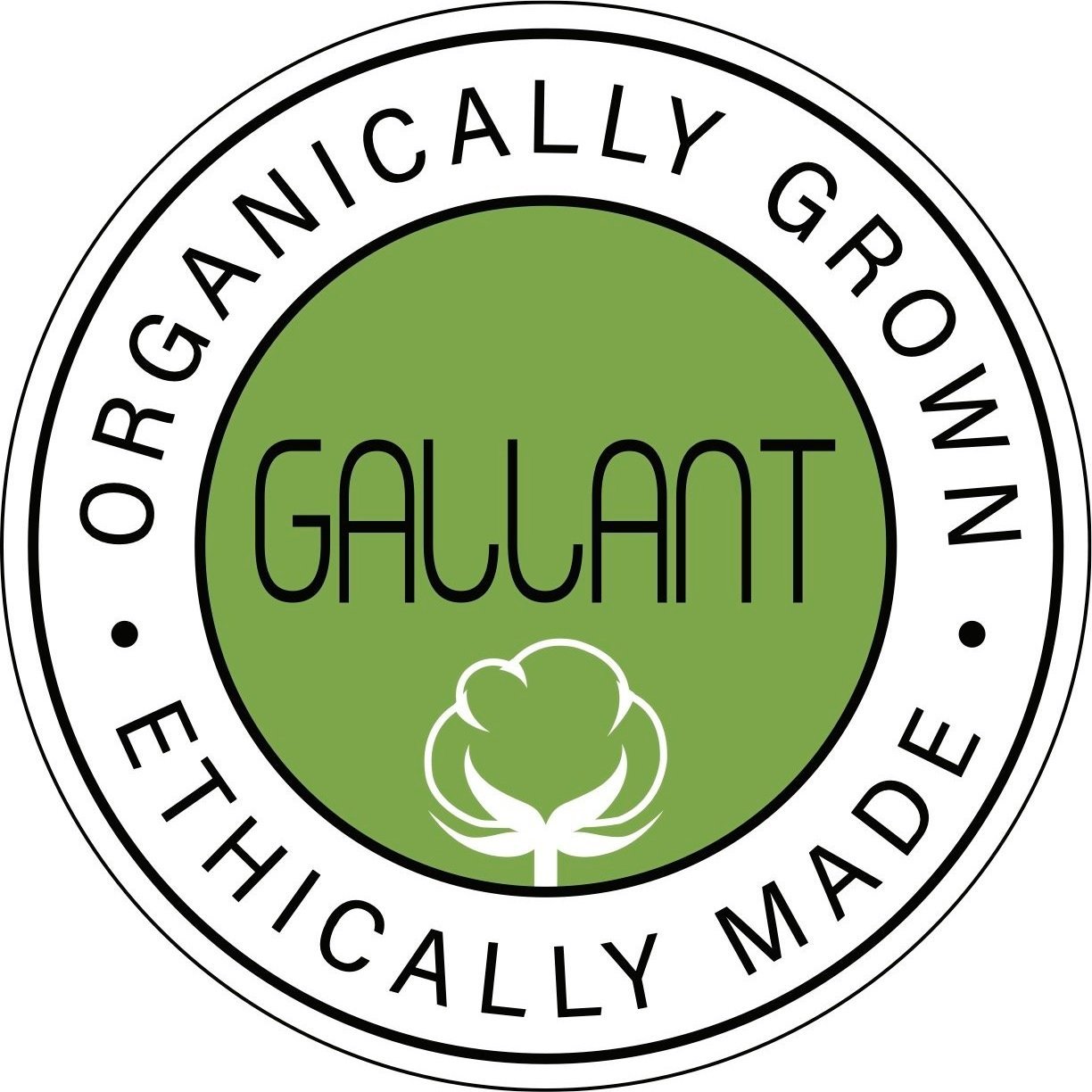Is Amazon Promoting Unethical Production?
Fast fashion is a real problem for the ecosystem and the humanity. Is Amazon Promoting Unethical Production?
In spite of a rise in customer demand for ethical products and brands’ commitment to ethical and responsible production, unethical and unsafe goods still find a marketplace. Fast fashion brands like Zara, and H&M are known for exploiting workers. Today, the ILO (International Labour Organisation) estimates that 170 million children are engaged in child labor, with many making textiles and garments to satisfy the demand of consumers in Europe, the US, and beyond. According to Forbes, “75 million people are making our clothes today… [and] It takes a garment worker 18 months to earn what a fashion brand CEO makes on their lunch break. A majority of them earn less than $3 per day.” Read our blog on how your clothes are exploiting workers here.
The problem of unethical production needs to addressed and we need more brands to offer quality products that are produced in a safe environment. We need stores and marketplaces like Amazon to question their suppliers. An estimated 90 million people in the United States are paying for Amazon Prime Subscription, so without a doubt, Amazon is a big player when it comes to online shopping. Last year, Morgan Stanley analysts predicted that Amazon was on its way to becoming the Number 1 apparel retailer in the US. Amazon is determined to offer the best deal to their customers. Bloomberg even reported that Amazon scans its rival’s prices and when they discover a product that is cheaper on other sites like Walmart, they alert the “…company selling the item and then makes the product harder to find and buy on its own marketplace -- effectively penalizing the merchant. In many cases, the merchant opts to raise the price on the rival site rather than risk losing sales on Amazon.”
Amazon’s determination to offer the best deals, i.e. cheap deals, is affecting the workers in the textile industry directly. The Wall Street Journal Investigation reported that today Amazon site offers clothing from dozens of factories in Bangladesh that other retailers say are too dangerous to allow into their supply chain or simply blacklisted because of dangerous working conditions. When a major player in apparel like Amazon turns a blind eye into its suppliers’ supply chain, it puts workers and even customers’ health at risk. According to the Journal, Amazon had listed products that were deemed unsafe by federal agencies, including unsafe children’s toys and recalled motorcycle helmets.
We seem to forget where our clothes are made or Who Made Our Clothes after finding a great deal on Amazon and having it delivered to us within a day or two. Amazon itself doesn’t provide enough information about its own supply chain. The Journal reported that it offers little information about, “… how it enforces safety and doesn’t require third-party sellers to disclose the factories where products come from. Many listings don’t identify the country where the products were made, so it typically isn’t possible for consumers to tell if sellers are buying wares from Bangladesh.” In fact, Amazon has not joined any safety-monitoring groups when it comes to sourcing products from Bangladesh.
After the Rana Plaza factory collapsed in 2013, European retailers and American companies formed two groups in response to an international outcry. American companies like Walmart, Target, and Costco joined the Alliance for Bangladesh Worker Safety but Amazon did not, even though it is one of the leading sellers of apparel in the US. The Wall Street Journal also reported that some garments listed on Amazon were also found on Walmart.com and Target.
According to the Journal, “Of the banned factories the Journal found with apparel on Amazon, some of the clothing items they produced were for sale by Amazon directly. Most—more than two-thirds—were being sold by third-party sellers using Amazon’s marketplace platform.” The response from Amazon to the Journal investigation was removing some items from the listing.
Due to the lack of supply chain standards and audits on suppliers, Amazon is enabling its third-party sellers to remain anonymous and diverting customers from product information.
Here at Gallant we promote responsible and ethical manufacturing. We not only offer products including blank wholesale t-shirts that are organic but also Fair Trade Certified.
